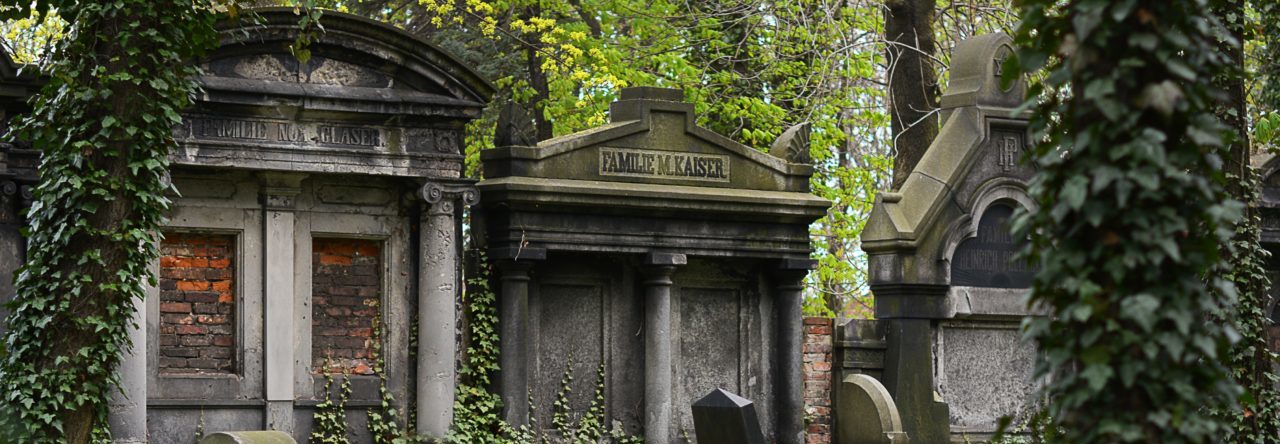Why don’t we hear more about E. F. Benson?
I’m finding that when the great writers of short horror fiction of the Victorian and Edwardian Eras (and the years immediately preceding or following that period) are discussed, the conversation tends to focus on Edgar Allen Poe, H. P. Lovecraft, and M. R. James. Of course, that’s not at all surprising. Edgar Allen Poe and H. P. Lovecraft are well-known even among people that aren’t interested in literature that touches on the supernatural. Think, for instance, of the discount section at your local bookstore. Isn’t it filled with volumes of Poe and Lovecraft’s collected works? (By the way, Lovecraft didn’t always write the type of stories we focus on here at the Haunted Crossroads. And some of his work appeared a bit later than the period we emphasize. Nevertheless, he’s a vital part of the conversation because he commented extensively on works that appeared during the Victorian and Edwardian Eras and because his own stories, which appeared shortly afterward, were heavily influenced by them.) And the extraordinarily high quality of M. R. James’ chilling tales makes him a favorite among aficionados of gothic short stories.
Algernon Blackwood and Sheridan Le Fanu also figure prominently in the dialogue for the same reasons: they wrote well and they wrote prolifically. In other words, over the decades, they’ve terrified (in a good way) an awful lot of people. H. G. Wells and Arthur Conan Doyle tend to be brought up less often. My impression is that this is because Wells tends to be thought of as a science fiction writer and Sir Arthur’s other works are overshadowed by that detective he created . . . what was his name? Many other authors are ignored for the same reason. Their very good ghost stories are more-or-less forgotten because they created brilliant works in other genres (Edith Wharton, are you listening from beyond the veil?).
(Incidentally, a case can – and should! – be made that many other writers – several of whom produced fewer stories – should be part of that discussion. Just because an author didn’t write a lot doesn’t mean that what he produced wasn’t outstanding. Moreover, failing to achieve widespread popularity doesn’t equate to failure to produce great prose. In fact, it might mean precisely the opposite. )
Hanging around the margins of the argument with countless other writers who produced enduring works in other styles is Edward Frederic Benson. If scaring a lot of people over time and using good prose to do it are the principle qualifications for inclusion in the debate, then a strong case can be made that he should be right in the thick of things. On a personal note, when I look back at the stories I loved in my youth, I find that Benson wrote many – very many – of those that still give me genuine chills.
E. F. Benson was boundlessly and variously creative. He wrote biographies about Queen Victoria, William Gladstone and others. He authored sparkling novels. His Map and Lucia books, in which he sharply and hilariously satirized British country society, are still popular today. In 2014, the BBC adapted them for television. There’s even a society that annually commemorates them. He also penned plays and reminiscences. Aside from being an author, he was an expert figure skater and, during his early adulthood, an archaeologist. Amid his many accomplishments, his “spook stories” sometimes get lost in the shuffle. This is a shame since so many of them reflect his own appreciation for a good scare.
In one of his best-known tales, “The Bus-Conductor,” Benson’s narrator exclaims, “Why, of course I like being frightened . . . . Fear is the most absorbing and luxurious of emotions. One forgets all else if one is afraid.” As Benson wrote these lines, perhaps he thought back to an October evening in 1893 when he joined a small circle of friends to hear M.R. James publicly read his own spellbinding stories by candlelight. The two men loved supernatural tales and became well-acquainted. And both drew readers into their tales with carefully selected details and expertly executed plotting that made the appearance of dark, supernatural forces perfectly credible. Nevertheless, their storytelling was noticeably different. The malevolence that manifests itself in Benson’s stories feels more personal. He once wrote, “The narrator, I think, must succeed in frightening himself before he can hope to frighten his readers . . . .”
It appears the author’s own fear may have originated in genuine belief. Unlike James, Benson believed he had personally met the supernatural. He and the local vicar had encountered a dark apparition while strolling through Benson’s garden. In “The Bus-Conductor,” one of Benson’s characters proposes an explanation for such ghostly appearances: windows between our world and the “spiritual plane” sometimes align, providing a view of supernatural scenes. Opportunities to investigate these otherworldly visions are fleeing and most often encountered by solitary souls. “Just room for one inside, sir.” So beckons the bus-conductor in Benson’s eerie tale. So, if you’re up for a good scare, I suggest you climb aboard. With E. F. Benson as your guide, it’s unlikely that you’ll be disappointed.
